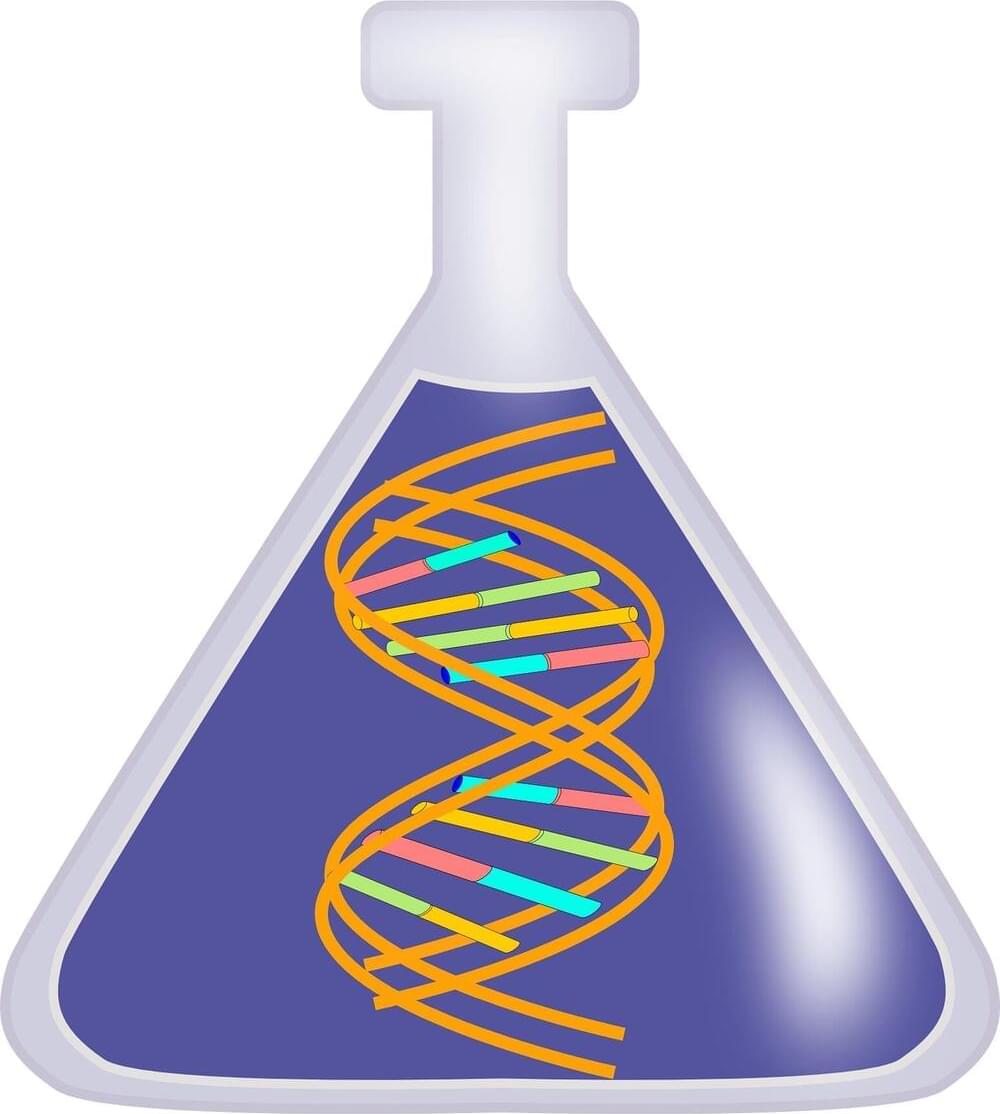Research on RNA diversity in human tissues, led by scientists from the New York Genome Center and the Broad Institute, is described in a recent study published in Nature. When the genetic code is transcribed to RNA, one gene typically produces several different forms of RNA molecules, or transcripts, with different functions. While this phenomenon has been known for decades, the catalog of human transcripts has remained incomplete.
“Equipped with the latest sequencing technology, we were able to read segments of over one thousand nucleotides, compared to less than one hundred with standard approaches,” describes Dr. Beryl Cummings, one of the leaders of the project and formerly a postdoctoral fellow at the Broad Institute. “Importantly, we were able to do this at scale of over 80 samples from many tissues, which led to discovery of tens of thousands of novel transcripts,” she adds.
The researchers used their data to characterize how genetic and environmental differences can manifest in differences in the transcriptome. “Genetic differences between individuals can affect how genes are regulated. We were able to describe with a finer resolution than before how transcript structures are affected. This helps to understand molecular underpinnings of variants that contribute to disease risk,” explains Dr. Dafni Glinos from the New York Genome Center and co-first author of the study.










Comments are closed.